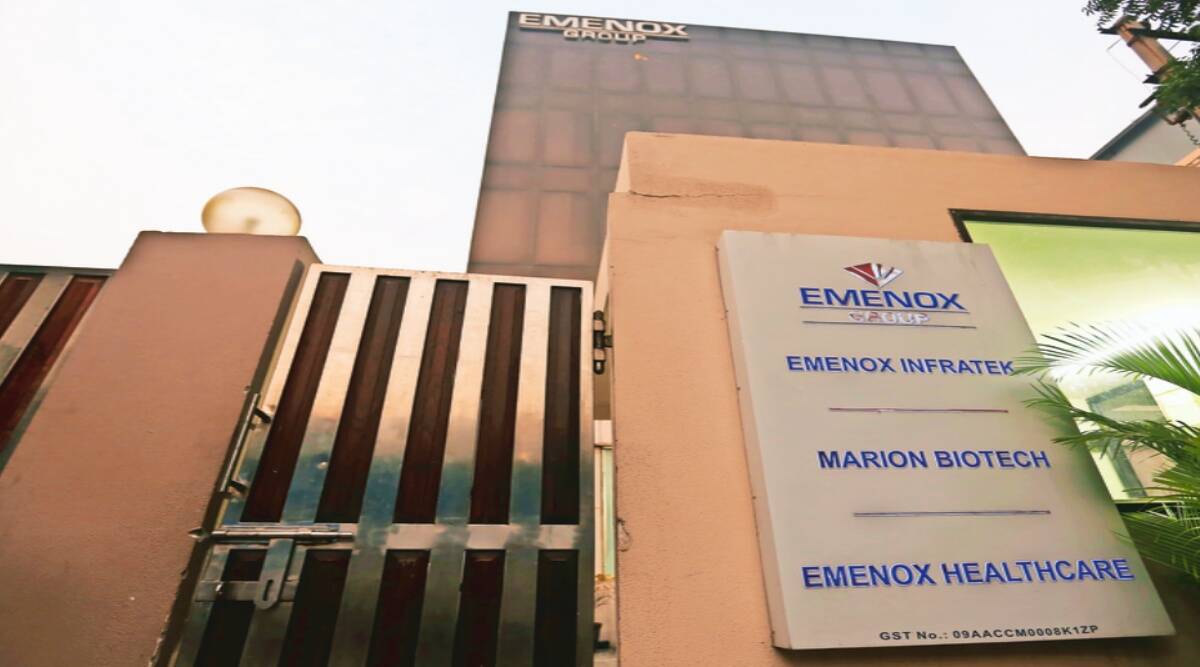Noida firm linked to Uzbek syrup-related fatalities investigated for lack of essential supplier records

The Deccan Era has learned that the UP drug regulator issued a show-cause notice to Marion Biotech, a Noida-based company linked to the deaths of at least 18 children in Uzbekistan. One of the main reasons for the show-cause notice was that there wasn’t enough proof that a syrup solvent had been bought.
The Uzbek national quality control laboratory says that the solvent propylene glycol is probably the source of the impurities in Ambronol and Dok-1 Max, two syrups made by Marion. Authorities in Uzbekistan identified the pollutants as ethylene glycol and diethylene glycol.
Propylene glycol for the items was purchased from Maya Chemtech. However, the provider lacks adequate paperwork regarding the origin of the solvent. A top official in India helping with the investigation said, “We are trying to find out where the propylene glycol came from to see if it came from an unapproved company.”
The state terminated Marion Biotech’s manufacturing and sales licence on January 9 due to the company’s failure to reply on time to a notification the UP regulator gave following two rounds of inspection. Friday, according to officials, Marion Biotech responded to the warning.
“They claimed that their company and the Indian pharmaceutical industry were defamed. They claimed that there was no evidence linking the deaths of the youngsters to their product, mainly since they have been exporting it for years, stated a government official. Marion Biotech did not respond to The Deccan Era’s email request for comment.
The UP drug authority issued Marion Biotech a show-cause notice on December 30 for thirty “defects”, including the absence of paperwork. Three days earlier, the Uzbek ministry of health had said that at least 18 kids who had drunk Dok-1 Max syrup were taken to hospitals in Samarkand with kidney failure and later died.
WHO sent an alert on Thursday saying that the Uzbek ministry had found illegal levels of two pollutants in Ambronol and Dok-1 Max. This means that the UP regulator needs to do another round of inspections. Samples of both syrups were sent to the regional lab in Chandigarh to be tested for drugs.
The Uzbek ministry stated in a statement posted on December 27 that the affected children had taken Dok-1 Max without a prescription and in higher quantities than authorised for their age.
In a previous event of a similar nature, four syrups manufactured by Sonepat-based Maiden Pharmaceutical were linked to the deaths of 70 children in the Gambia as a result of acute renal damage. In this case, India was not able to find evidence that the deaths were caused by the medicines.



